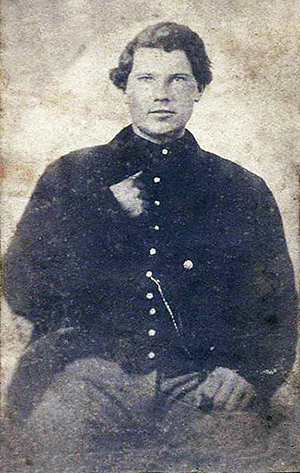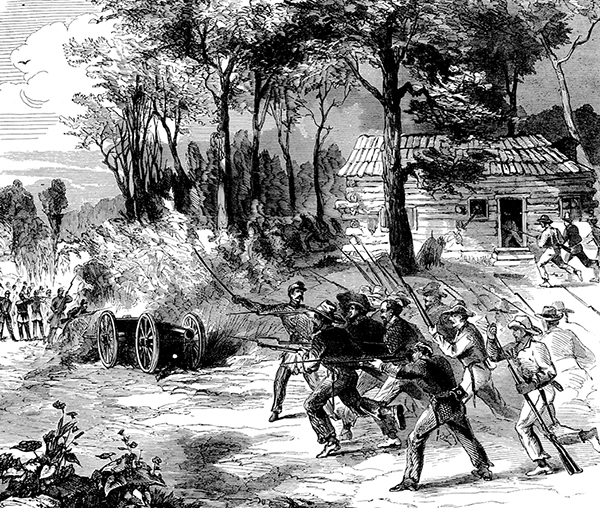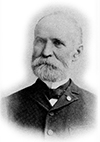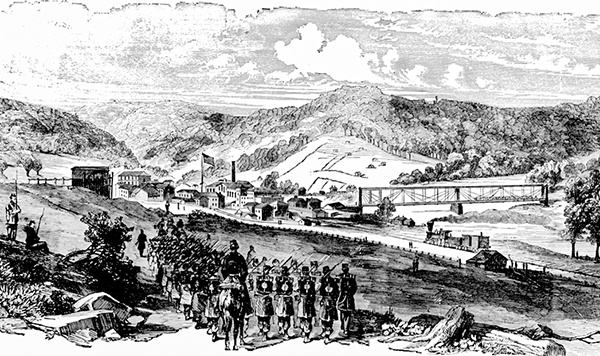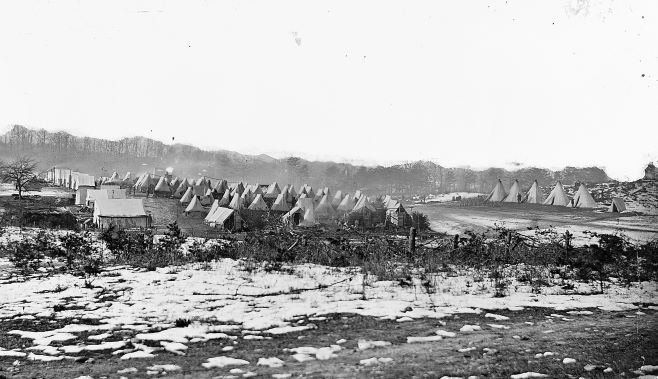Highly recommended adversary
At the early stages of the Civil War, retiring chief of the Union Army General Winfield Scott convinced President Lincoln that General George B. McClellan would best serve as his replacement. McClellan had a youthful enthusiasm and had some recent victories in a campaign to drive Confederates from Virginia, creating an opportunity for the western counties to secede from Virginia after the plantation-holding aristocrats in the eastern counties seceded from the Union. McClellan ultimately proved too cautious, usually grossly overestimating the strength of his enemy and frequently failing to pursue when his enemy was within his grasp.
A fervent Democrat, McClellan did not like Lincoln. While Lincoln was humble, McClellan seemed to suffer from delusions of grandeur, seeing himself as the savior of the country and Lincoln as a barrier to fulfilling his God-given purpose. When Lincoln eventually dismissed him for consistently losing battles to a far inferior enemy and failing to follow orders to pursue the enemy (Abraham Lincoln Association, 1989), McClellan blamed his failings on Lincoln and became the Democratic candidate to unseat Lincoln in the next election.
Meanwhile, the contempt McClellan felt for Lincoln showed early in his tenure as the general in chief. Arriving in Washington D.C. for the grand celebration to honor the new general, McClellan would not call on Lincoln at the White House. So, Lincoln walked across town and personally called on McClellan. McClellan retired without acknowledging the president. Not exactly a good way to start their relationship. And it deteriorated from there.


